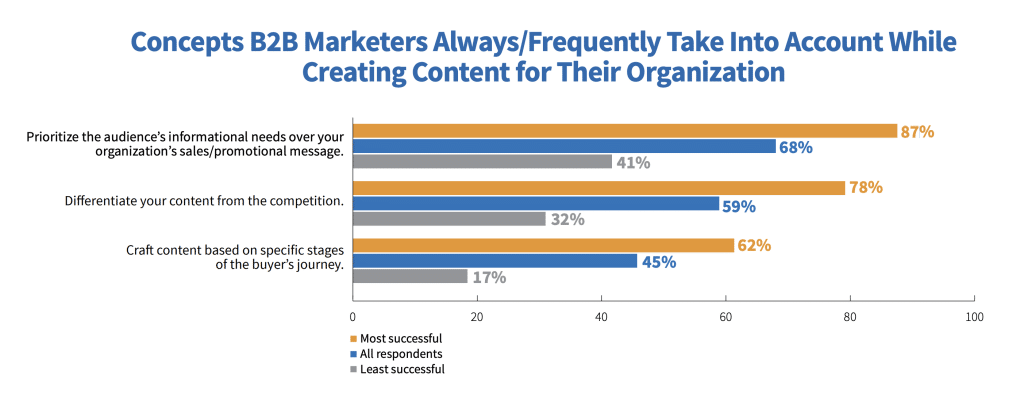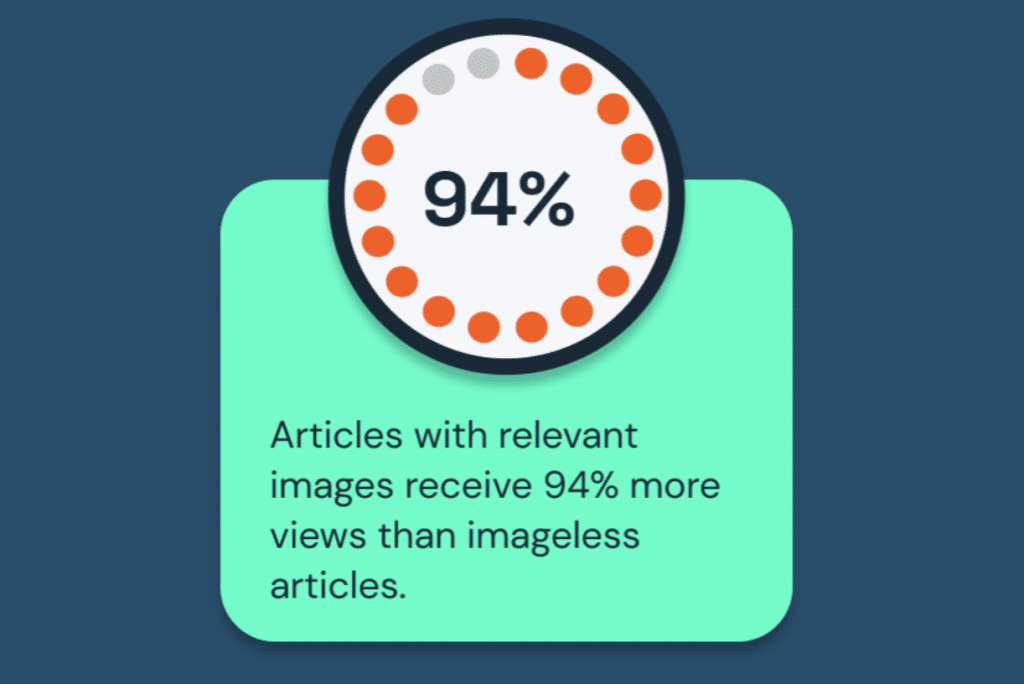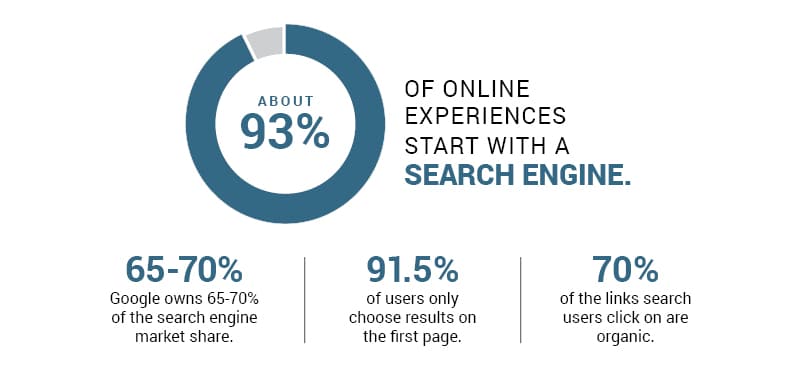By Lauren Basiura for Marketing Insider Group
PR isn’t as simple as it used to be. We used to only focus on newspapers and TV, creating perfect press releases and building one-on-one relationships with journalists.
But now, PR pros and business folks need to juggle a whole lot—SEO, social media, influencer schmoozing, you name it. It’s not just about pumping out press releases or sweet-talking journalists anymore. You’ve got to keep your finger on the pulse of online chatter and trends, too. Miss a beat, and you could find yourself in hot water, with one social media slip-up or a campaign flop potentially causing a major brand headache.
In short, dodging these digital PR mistakes isn’t just good for staying in line with the competition—it’s crucial for ensuring your business doesn’t just survive, but thrives in today’s consumer world. In this article, we’re exploring the most common digital PR mistakes to avoid, arming you with the strategies and insights you need to keep your PR efforts sharp.
1. Not Tailoring Content to the Audience
Tailoring content to your audience is a “must-do” if you want your digital PR efforts to hit the mark. A recent survey reported that 87% of B2B marketers are now putting their audience’s informational needs ahead of their promotional messages.

Image Source: Content Marketing Institute
Clearly, understanding your audience is crucial. It’s about knowing what resonates with them and then delivering that content in a way that connects. When you align your content with what your audience actually wants to learn about, you’re not just throwing content out there and hoping it sticks. You’re strategically engaging your audience, providing value, and building trust.
Don’t just produce content for the sake of it. Make sure it’s tailored to the people you’re trying to reach. When you do that, you’re more likely to see engagement, leads, and ultimately, success in your digital PR efforts.
2. Ignoring the Importance of Visuals
Don’t overlook the power of visuals in your digital PR strategy. Visual content is a key player in capturing attention and conveying your message effectively. Including relevant images or graphics can make your content more engaging and shareable.
In fact, journalists are more likely to pick up your story if it comes with high-quality, relevant visuals. This isn’t just a suggestion; it’s backed by data showing that articles with images get 94% more views than those without.

Image Source: ZipDo
Visuals aren’t just about decoration. They help break down complex information, making it easier for your audience to understand and remember your message. Whether it’s an infographic, a video, or a simple chart, the right visual can boost the impact of your content significantly.
3. Failing to Utilize Social Media Effectively
Social media is a powerhouse in the realm of digital PR, yet it’s surprising how many marketers fail to harness its full potential. Engaging with your audience on social media means creating a dialogue. Interactive posts, timely responses to comments, and leveraging influencers can amplify your reach and engagement levels.
Remember, social media platforms are where your audience hangs out. Not being active or responsive there is a missed opportunity. It’s not just about broadcasting your message; it’s about listening, interacting, and adapting based on the feedback and trends you observe. A robust social media presence can significantly amplify your digital PR efforts, turning passive followers into active brand advocates.
Ensure your digital PR strategy includes a strong visual content plan and an effective social media engagement approach. These elements are crucial for making your message resonate and for driving successful outcomes.
4. Neglecting SEO Best Practices
Ignoring SEO in your digital PR strategy is like leaving your audience without a map to find you. SEO is a critical element that ensures your content reaches the right people at the right time. With over 90% of online experiences starting with a search engine, overlooking SEO can mean your content might never reach its intended audience.

Image Source: Carmine Mastropierro
But it’s not just about getting found. SEO best practices, like keyword research and optimizing your content for search intent, help ensure that your message aligns with what your audience is actively seeking. Remember, there’s no point in having great content if no one can find it.
So, integrate SEO into your content creation from the start—it’s your beacon in the digital world, guiding your audience to your content.
5. Posting Irrelevant Content
Publishing content that doesn’t resonate with your audience is as effective as speaking a foreign language at a local market. In the digital PR world, relevance is key. Your content should not only attract attention but also provide value, ensuring that your audience finds it meaningful and engaging.
Considering that 57% of content creators struggle to produce content that aligns with their audience’s interests, we can understand the importance of staying relevant.
Irrelevant content can do more harm than good, eroding trust and diminishing your brand’s credibility. Each piece of content you publish should serve a purpose, whether it’s to:
- Inform
- Entertain
- Solve a problem
So before you hit ‘publish,’ ask yourself: Does this add value to my audience’s life? If the answer is no, it might be time to go back to the drawing board. Keep your audience’s needs and preferences front and center to ensure your content hits the mark every time.
6. Pulling PR Stunts with AI
Lately, we’ve seen a bunch of stunts using AI, and let’s just say, not all of them are winning fans. It’s cool to try new stuff, but if it feels fake or too out there, people just aren’t into it. They like things that are real and make sense for the brand.
Take Maybelline’s viral TikTok video, for example. It showed London Tube trains and buses decked out with glamorous eyelashes and giant mascara wands, a campaign that quickly caught the media’s attention worldwide.
Video Source: Business Talks
The catch? It was all fake. The campaign didn’t actually happen; the video was crafted using AI effects.
This stunt by Maybelline opens up a big can of worms about authenticity in advertising. Why would a big brand like Maybelline need to do something like this? It shows us how easy it is to fool people online nowadays. With AI tools getting better and more accessible, creating a fake image or campaign is a piece of cake. But just because you can, doesn’t mean you should. When a brand pretends to do something they didn’t, it raises questions about trust and honesty.
When thinking about using AI in your PR strategies, remember the Maybelline example. Sure, AI can create some buzz, but you want to make sure it’s the right kind of buzz. Be clear about what’s real and what’s not, and always aim to build trust, not confusion, with your audience.
7. Inadequate Media Relations Strategies
Effective media relations are at the heart of successful digital PR. It’s not just about sending out press releases; it’s about building relationships with journalists and influencers who can amplify your message. Yet, many PR professionals overlook the importance of personalizing outreach or understanding the media landscape they’re engaging with.
To excel in media relations, you need to do your homework. Understand the preferences and beats of the journalists you’re targeting. Tailor your pitches to resonate with their interests and the needs of their audience. Remember, a well-crafted, personalized pitch is more likely to be picked up than a generic blast sent to a hundred inboxes.
In the end, successful media relations are about mutual benefit. Offer value, be responsive, and build genuine relationships. These are the pillars that will support your PR efforts and help your stories find their voice.
Start Avoiding Digital PR Mistakes Today with MIG
Avoiding digital PR mistakes is crucial if you want to run successful campaigns. Get your content to resonate with your audience, spice it up with visuals, and don’t forget the power of social media and SEO.
Remember, authenticity matters, especially when experimenting with AI. Effective media relations hinge on building genuine connections, emphasizing the importance of strategic, thoughtful digital PR practices.
